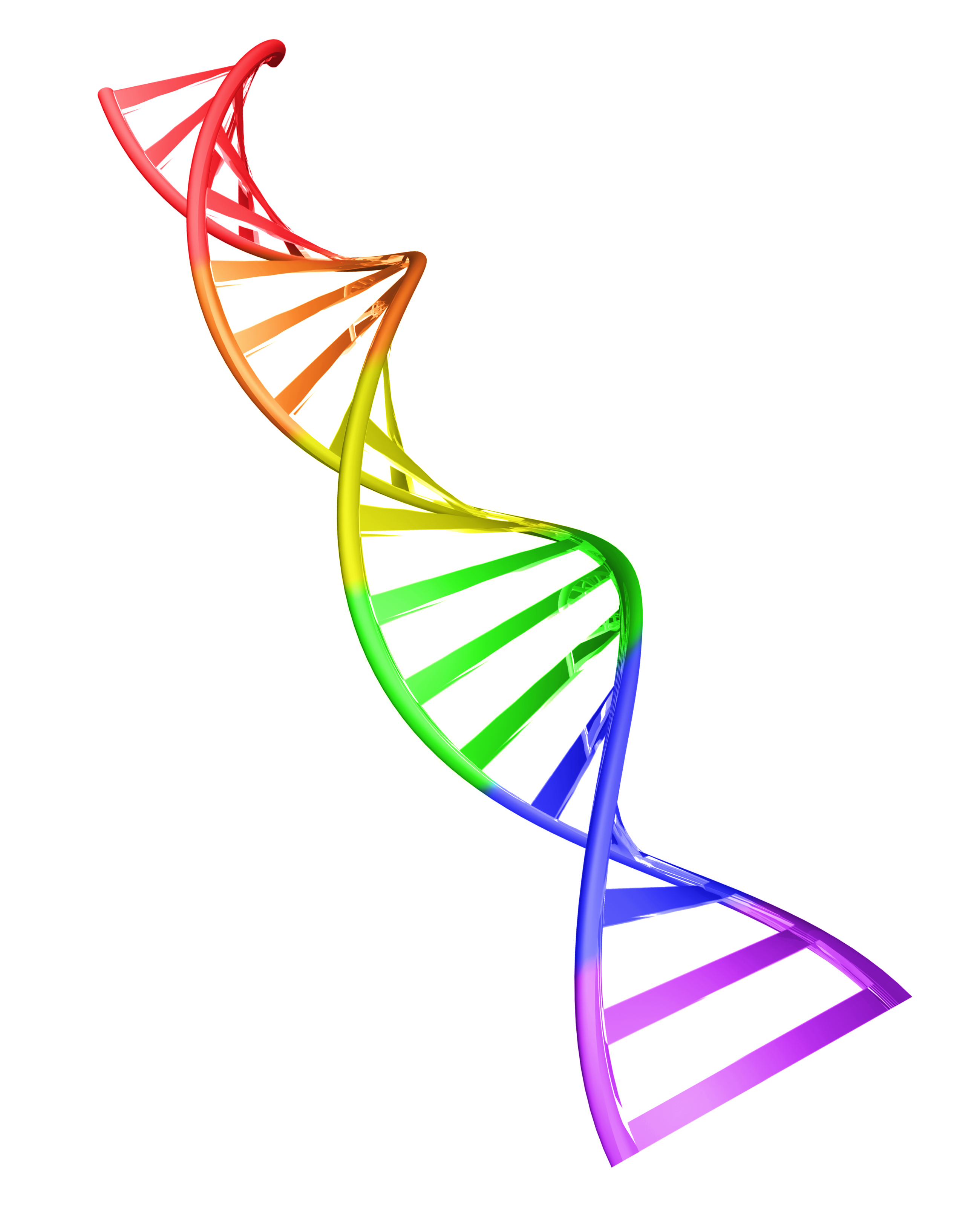Emerging technologies, eugenics and disabled communities
By Zarya Shaikh,
Queer Diagnosis
| 09. 01. 2022
In our first episode of Season 3, Connor McAlister (he/they) contemplates the impact of emerging technologies, including CRISPR, on disabled communities. We learn about the eugenicist implications of conservatorships highlighted by the Free Britney movement. Connor McAlister is a graduate student studying Bioethics at Stony Brook University. You can follow them @definitelynotbroccoli on Instagram! Consider making a donation to the Queer Diagnosis Scholarship Fund and checking us out at QueerDiagnosis.com. You can find us @QueerDiagnosis on Instagram/Twitter.
Related Articles
By Dan Barry and Sonia A. Rao, The New York Times | 01.26.2026
Photo by Gage Skidmore from Peoria, AZ, United States
of America, CC BY-SA 2.0, via Wikimedia Commons
Late last month, a woman posted a photograph on social media of a purple hat she had knitted, while a black-and-white dog...
By Shobita Parthasarathya, Science | 01.22.2026
These are extraordinarily challenging times for university researchers across the United States. After decades of government largess based on the idea that a large and well-financed research ecosystem will produce social and economic progress, there have been huge cuts in...
By Nick Paul Taylor, Fierce Biotech | 01.09.2026
Menlo Ventures has made a $16 million bet that the “baby KJ” custom CRISPR therapy success story is repeatable. The funding has enabled CRISPR co-inventor Jennifer Doudna, Ph.D., and baby KJ scientist Fyodor Urnov, Ph.D., to launch Aurora...
By Stephanie Pappas, LiveScience | 01.15.2026
Genetic variants believed to cause blindness in nearly everyone who carries them actually lead to vision loss less than 30% of the time, new research finds.
The study challenges the concept of Mendelian diseases, or diseases and disorders attributed to...




